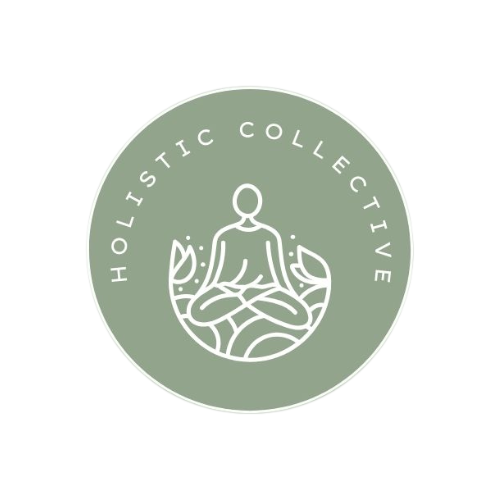Restorative Practices
What are restorative practices?
Restorative practices are intentional approaches to address harm or conflict that prioritize the needs of the person(s) harmed, create space for accountability and repair, and honor the humanity of each participant. At the Holistic Collective, we apply restorative practices through two frameworks: restorative justice (RJ) and transformative justice (TJ).
Restorative justice (RJ) is more than a method— it is “a philosophy and set of practices, rooted in Indigenous teachings, that emphasize our interconnection by repairing relationships when harm occurs, while proactively building and maintaining relationships to prevent future harm” (David Ryan Castro-Harris).
At its core, RJ seeks to answer three fundamental questions (from Howard Zehr):
What was the harm?
What are the needs of the person(s) harmed?
Whose obligation is it to meet those needs?
Transformative justice (TJ) goes a step further by not only addressing harm, but also confronting the conditions that allowed it to happen in the first place. In the words of Adrienne Maree Brown, TJ invites us to “go all the way down to the root of the problem and generate solutions and healing from there.” TJ uses a holistic approach by acknowledging that harm is often shaped by larger systems. In order to mitigate power imbalance and promote equity in a restorative process, TJ provides opportunities to name social, political, cultural, and economic systems that create context for harm to occur.
Why choose restorative practices?
Humans are inherently social beings; meaning we thrive in relationships and communities built on safety and mutual care. When harm occurs, it disrupts those social bonds. Rather than turning to punitive methods of justice that often create more harm, restorative practices offer a community-based alternative—one that centers the experience of those harmed and fosters healing through meaningful accountability and dialogue.
Where does RJ/TJ come from?
At the Holistic Collective, we honor the QT-BIPOC (queer, trans, black, indigenous, and people of color) origins of restorative and transformative justice. These approaches are the result of decades of grassroots advocacy—especially by Black trans women and survivors—who demanded justice pathways grounded in care, healing, and self-determination.
To learn more about the historical foundations and current applications of RJ and TJ, visit the Transform Harm Resource Library.
What does a process involve?
Restorative practices are not a one-size-fits-all. Each process is thoughtfully designed based on the specific needs, goals, and dynamics of the people involved. At the Holistic Collective, we specialize in three core facilitation styles:
Mediation: a structured, solution-focused process between two participants working to resolve a conflict. Mediation is most appropriate when there is a balanced dynamic between both parties and a shared desire to move forward.
Circle process: an indigenous practice involving multiple participants. Circles are flexible and can be used to strengthen relationships, establish group agreements, share experiences, or address harm collectively.
Restorative dialogue: designed for survivors of sexual harm, this survivor-led process centers their needs and goals. A dialogue can only take place when a survivor initiates the process and the person who caused harm has taken clear accountability.
Who can participate?
Participant(s) safety and readiness are essential to effective and meaningful restorative processes. We use trauma-informed principles and evidence-based tools to determine whether a restorative process is appropriate.
Holistic Collective facilitators have supported individuals and groups across a range of settings, including:
Students and educators
Individuals experiencing incarceration
Families
Community groups
Survivors of sexual harm and individuals who caused harm
What is the cost?
The work of the Holistic Collective is designed to be accessible and inclusive, especially in instances of financial barriers. Services are offered on a sliding scale rate, tailored to the needs of the process and financial capacity of participants. If you are interested in learning more or discussing payment options, please don’t hesitate to reach out.
